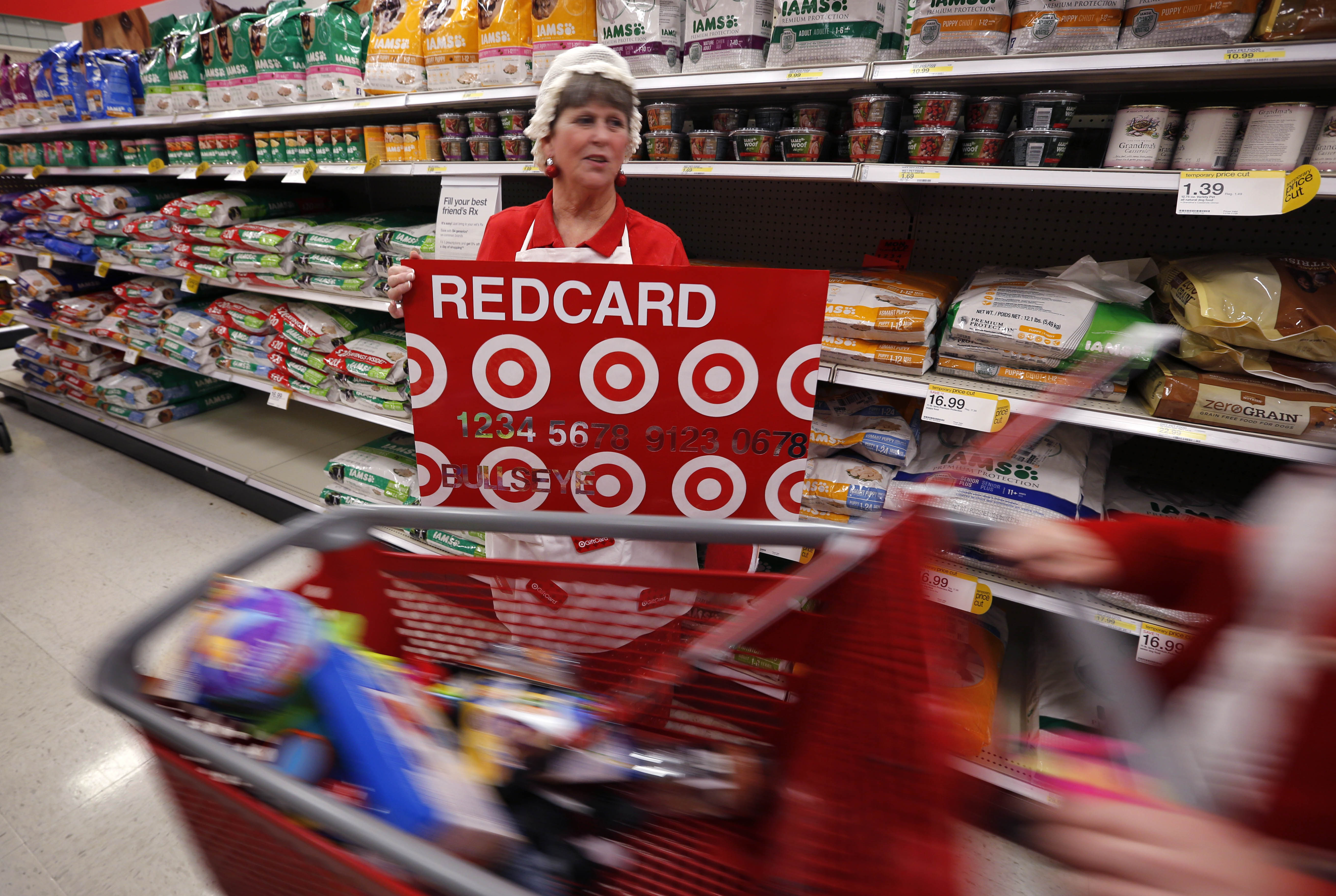The week's best financial advice
Three top pieces of financial advice — from when store credit cards make sense to ObamaCare bargain hunting

A free daily email with the biggest news stories of the day – and the best features from TheWeek.com
You are now subscribed
Your newsletter sign-up was successful
Here are three of the week's top pieces of financial advice, gathered from around the web:
When store credit cards make sense
"U.S. retailers dangle enticing bait to sign up for store-branded credit cards," said Mitch Lipka at Reuters, "but biting could be a costly decision for consumers." The average credit card has a 15 percent interest rate, but store-branded cards average more than 23 percent, according to a recent analysis by CreditCards.com of 64 retail-branded cards. That doesn't mean they can't be helpful when used prudently. "Store-branded cards definitely can work for you," says Matt Schulz, CreditCards.com's senior industry analyst. Since many stores offer up to 20 percent discounts for cardholders, savings can add up, but only if your balance is paid in full each month. For large purchases, general-purpose credit cards are usually a better option, with better rates and better rewards.
The Week
Escape your echo chamber. Get the facts behind the news, plus analysis from multiple perspectives.

Sign up for The Week's Free Newsletters
From our morning news briefing to a weekly Good News Newsletter, get the best of The Week delivered directly to your inbox.
From our morning news briefing to a weekly Good News Newsletter, get the best of The Week delivered directly to your inbox.
ObamaCare bargain hunting
"ObamaCare shopping is more important than ever" this year, said Margot Sanger-Katz at The New York Times. Rising premiums across the country are presenting consumers with a "tough choice": Stick with the plan they have and pay more, or switch in order to save. About 8 in 10 returning customers on HealthCare.gov can find a cheaper option by switching during the open enrollment period, which runs from Nov. 1 to Jan. 31. The average returning customer who chooses the best deal in the same category as his old plan could save as much as $610, say analysts for the Department of Health and Human Services. Such annual shopping may become commonplace. Since customers can pick a new plan every year, the thinking goes, insurers will have to work to keep their prices low or risk losing customers. In the last enrollment period, about half of all returning customers shopped around before settling on a health plan — and a full quarter switched.
Few changes for 401(k)s and IRAs
Retirement accounts aren't changing much in 2016, said Emily Brandon at US News. You won't be able to save more in a 401(k) or individual retirement account — the contribution limit will stay at $18,000 for 401(k)s and $5,500 for IRAs. However, workers will be able to earn slightly more in 2016 and still contribute to a Roth IRA. Singles with a gross adjusted income of $117,000 per year and married couples with $184,000 can make the full Roth contribution. Also, income caps for the saver's credit will be higher: $30,750 for singles and $61,500 for married couples.
A free daily email with the biggest news stories of the day – and the best features from TheWeek.com
-
 ‘Those rights don’t exist to protect criminals’
‘Those rights don’t exist to protect criminals’Instant Opinion Opinion, comment and editorials of the day
-
 Key Bangladesh election returns old guard to power
Key Bangladesh election returns old guard to powerSpeed Read The Bangladesh Nationalist Party claimed a decisive victory
-
 Judge blocks Hegseth from punishing Kelly over video
Judge blocks Hegseth from punishing Kelly over videoSpeed Read Defense Secretary Pete Hegseth pushed for the senator to be demoted over a video in which he reminds military officials they should refuse illegal orders
-
 The pros and cons of noncompete agreements
The pros and cons of noncompete agreementsThe Explainer The FTC wants to ban companies from binding their employees with noncompete agreements. Who would this benefit, and who would it hurt?
-
 What experts are saying about the economy's surprise contraction
What experts are saying about the economy's surprise contractionThe Explainer The sharpest opinions on the debate from around the web
-
 The death of cities was greatly exaggerated
The death of cities was greatly exaggeratedThe Explainer Why the pandemic predictions about urban flight were wrong
-
 The housing crisis is here
The housing crisis is hereThe Explainer As the pandemic takes its toll, renters face eviction even as buyers are bidding higher
-
 How to be an ally to marginalized coworkers
How to be an ally to marginalized coworkersThe Explainer Show up for your colleagues by showing that you see them and their struggles
-
 What the stock market knows
What the stock market knowsThe Explainer Publicly traded companies are going to wallop small businesses
-
 Can the government save small businesses?
Can the government save small businesses?The Explainer Many are fighting for a fair share of the coronavirus rescue package
-
 How the oil crash could turn into a much bigger economic shock
How the oil crash could turn into a much bigger economic shockThe Explainer This could be a huge problem for the entire economy